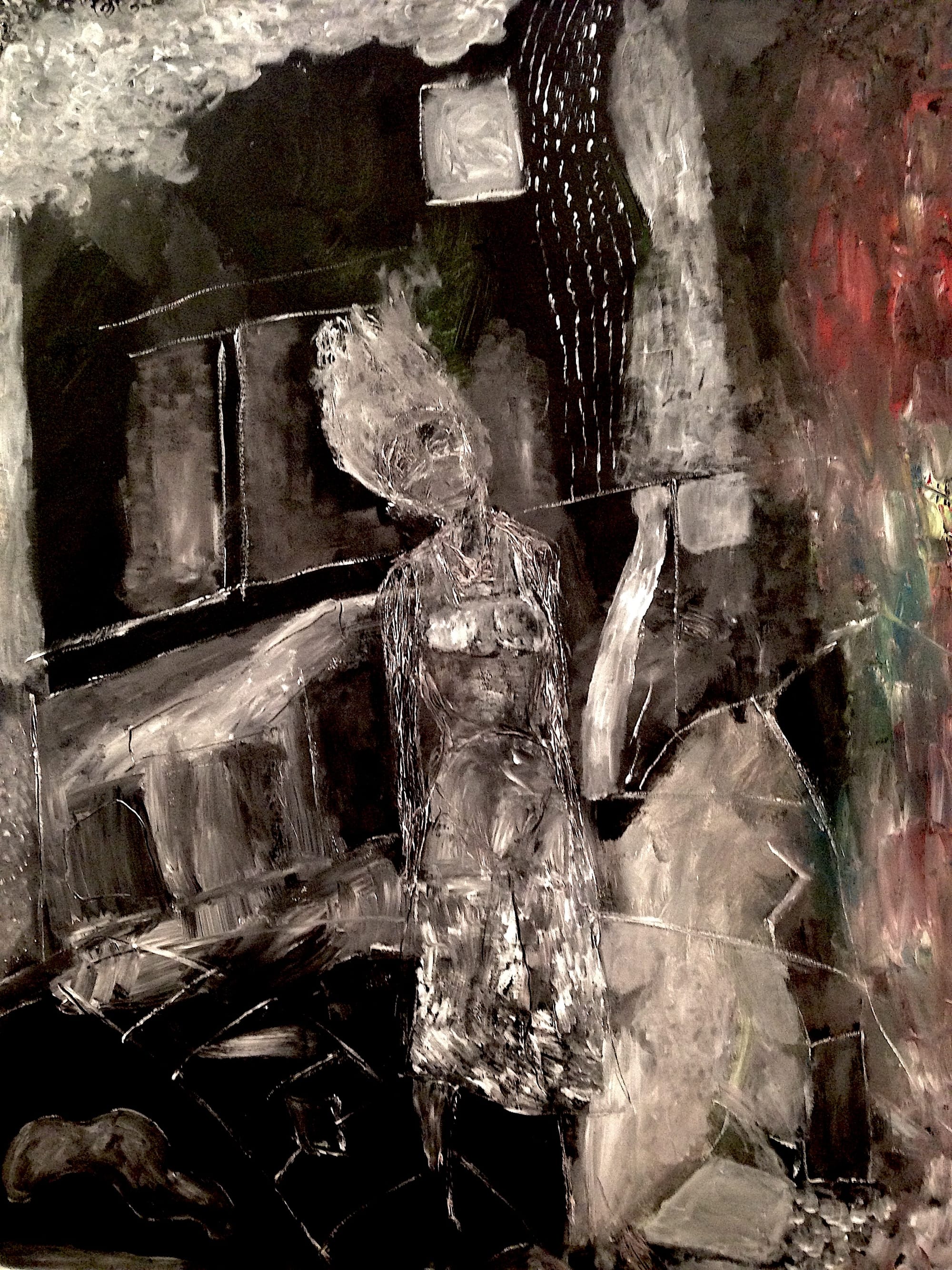Blogging the Apocalypse: 9

With the US election still in play it seems we really don't get what makes people vote the way they do. I think philosopher Brian Letter raises an interesting point when he writes: 'What astonishes me is the following: usually voters take it out on a President who presides over their being rammed up their anus with a red-hot railroad spike. People tend to notice something like that, and they tend to react badly to it. The pandemic has been that spike, and it has burned everyone directly or indirectly. Ordinarily, the President who presided over this fiasco would be crucified (and irregardless of his own culpability, although obviously Trump is highly culpable). But that isn't happening, even if the monster-child ultimately loses. Somehow some number of voters are actually giving this world-historic incompetent a pass on this catastrophe.'
He recommends this interesting discussion.
Some extracts: ' Larry Bartels: A lot of it is people simply taking cues from political figures, from public figures, that they've identified themselves with one way or the other, whether they're party leaders or the leaders of social groups or interest groups that they feel some attachment to. If, for example, you look at the change in views about Russia that we've observed after Trump made admiring comments about Vladimir Putin, you might think, given the history of the US and Russia over the past century, that people would have pretty ingrained views about what they think of the Russian system. But that turned out not to be the case.
People's views shifted pretty quickly and pretty dramatically in the wake of fairly casual elite cues they were receiving. But from somebody who they trusted and whose cue they were happy to take about something that they hadn't really thought much about. The relationship between Russia and the US is a pretty important thing, but the ordinary American hasn't spent a lot of time thinking about how they should think about that. Indeed, they don’t spend much time really thinking about political issues of consequence. This idea that people have fixed or informed views about central issues doesn’t square with most of the data we have...
...
the notion that voters blindly reward or punish incumbent presidents for good or bad times led us to the presidential election of 1936; political scientists have portrayed that election as a historic ideological mandate for Franklin Roosevelt’s New Deal, but we found that Roosevelt’s support hinged crucially on how much incomes grew in each state in the year leading up to the election.
The same logic led us to the Jersey Shore in 1916, where a dramatic series of shark attacks — hardly something a president can control — turned out to produce a significant dent in the vote for Woodrow Wilson.
To disentangle the effects of policy preferences and social identities, we examined support for John Kennedy in 1960 — an unusually pure case of religious affinity (and animosity) with little or no real policy content. Our analysis in that case was bolstered by the fact that repeated interviews with the same people allowed us to relate voting behavior in 1960 to measures of the strength of voters’ Catholic identities from 1958, before Kennedy emerged as a candidate.
In the same spirit, our analysis of the impact of partisanship on views about abortion employed a decades-long study of changing political attitudes to show that more than half of Democratic men who expressed pro-life views in 1982 were pro-choice by 1997; the corresponding rate of change among Republican men was less than 30 percent...
...
It seems clear to us that a lot of the actual ways in which people of ordinary education or ordinary means or just not much power, the ways in which they are disadvantaged are often occurring at the level of policymaking rather than at the level of elections themselves. The financial sector, for instance, is having a lot of policy success in Washington, in ways that ordinary people, if they really understood what was happening, would not approve. But they don’t follow it closely enough, they don’t understand, and the policy process is tilted toward moneyed interests that ordinary people have no chance. So focusing reform on the places where the real problem is occurring as opposed to making fanciful proposals that ask us to do what none of us is really able to do. That's the kind of emphasis that we want to direct people's attention to.'
Read the complete novel 47094 from the beginning here.
Read the complete novel 'The Ecstatic Silence' here.